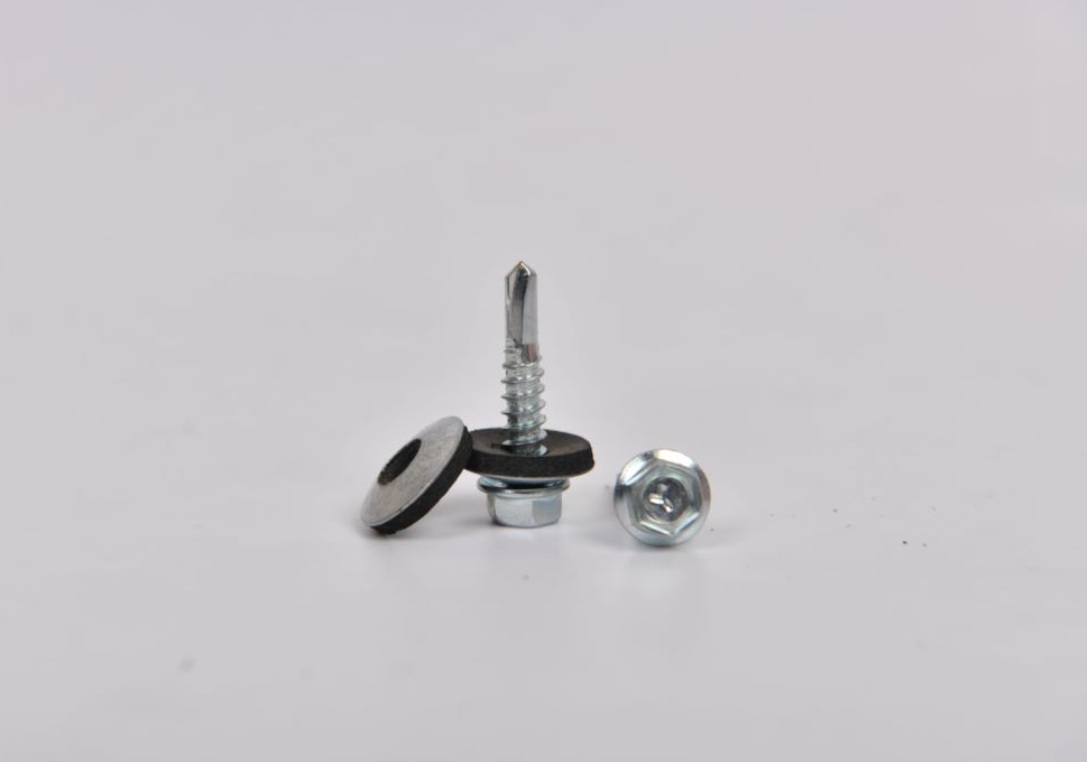Comparison of Fender Washers and Flat Washers for Your Projects
Fender Washer vs. Flat Washer Understanding the Differences and Applications
When it comes to hardware, washers play a critical role across various applications, whether in construction, automotive, or everyday repairs. Among the different types of washers available in the market, fender washers and flat washers are two common choices that serve distinct purposes. This article explores the differences between these two types of washers, their design, applications, and when to use each.
Design and Structure
At first glance, fender washers and flat washers may appear similar, but their designs have significant differences. A fender washer is characterized by its larger outer diameter relative to its inner hole. This design allows for an increased surface area that provides a larger stress distribution over a surface. Traditionally made from metal, fender washers come in various materials, including stainless steel, brass, and plastic.
Conversely, a flat washer has a more uniform design with a smaller outer diameter compared to a fender washer. Flat washers are typically used to distribute load over a surface, providing a smooth interface between a bolt or nut and the material being fastened. They are usually thinner than fender washers and are often made from metals like steel, aluminum, or plastic, depending on the application’s requirements.
Applications
The application of fender washers and flat washers differs based on their design attributes. Fender washers are particularly advantageous in situations where strong attachment is needed to softer or more vulnerable materials. For example, when fastening a metal or wooden component to a surface, the larger diameter of a fender washer prevents the bolt's head from pulling through the softer material. This makes them ideal for applications in automotive bodywork, where they can be used to secure fenders, or in woodworking projects that require a wide bearing surface for fastening.
fender washer vs flat washer products

Flat washers, on the other hand, find their utility in standard fastening applications where a smooth surface is essential. They are frequently used in conjunction with bolts, screws, and nuts to prevent loosening due to vibration and to protect the surface from damage. Flat washers distribute the load but do not offer the same level of resistance against pull-through as fender washers. Thus, they are often seen in furniture assembly, piping, and electrical connections, where their role is to ensure a firm grip without deforming the material beneath.
When to Use Each Type
Choosing between a fender washer and a flat washer involves understanding the specific needs of your project. If you're working with softer materials or need to distribute load over a wide area, fender washers are the right choice. They provide security and stability, making them suitable for outdoor applications where environmental factors can affect the connection.
Flat washers, conversely, are ideal for standard applications where the focus is on stability and consistency rather than load distribution over a larger area. They are often used when fixing bolts in place, especially in applications that involve machinery or heavy equipment.
Conclusion
In summary, while both fender washers and flat washers serve the overarching purpose of load distribution and stability in fastening applications, their designs cater to different needs. Understanding the differences between these washers can significantly impact the success of your projects, ensuring that connections remain secure and reliable. Whether you're a DIY enthusiast or a professional contractor, selecting the correct type of washer will help you achieve optimal results and prolong the life of your assembled products.
-
Top Choices for Plasterboard FixingNewsDec.26,2024
-
The Versatility of Specialty WashersNewsDec.26,2024
-
Secure Your ProjectsNewsDec.26,2024
-
Essential Screws for Chipboard Flooring ProjectsNewsDec.26,2024
-
Choosing the Right Drywall ScrewsNewsDec.26,2024
-
Black Phosphate Screws for Superior PerformanceNewsDec.26,2024
-
The Versatile Choice of Nylon Flat Washers for Your NeedsNewsDec.18,2024










